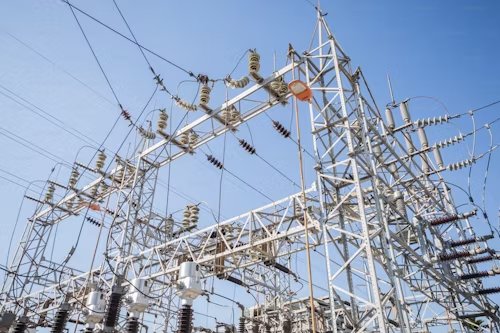On October 14, 2024, Nigeria’s power grid collapsed once again throwing the nation into a blackout. This was the sixth grid failure of the year, occurring at around sunset on the 14th. The grid has since been partially restored. Abuja Electricity Distribution Company (AEDC) received 30MW, and Benin Electricity Distribution Company (BEDC) received 20MW, bringing the total to 50MW. As of 7 p.m., Ibom Power was the only operational plant, generating 42.7 MW.

Several distribution companies reported the outage. AEDC attributed the issue to a system failure from the national grid. They assured customers that power would be restored once the grid stabilized. Similarly, Enugu Electricity Distribution Company (EEDC) announced a loss of supply across its service areas, including Abia, Anambra, Ebonyi, Enugu, and Imo states. EEDC said it was waiting for more information from the National Control Centre (NCC) in Osogbo regarding the collapse and restoration timeline.
A recurring decimal
This is not the first grid collapse in 2024. It had previously collapsed in July, when three power generation units tripped, removing 313 MW from the grid. Sule Abdulaziz, Managing Director of the Transmission Company of Nigeria (TCN), has come out to bate worries despite these challenges. He noted that TCN expects to transmit up to 6,000 MW by the end of the year as efforts to strengthen the grid continue. It is important to note that the transmission sector of electricity is the only one still controlled by the Federal Government of Nigeria. while generation and distribution have long been privatized.
This blackout comes at a time when fuel prices are rising, adding more pressure on Nigerians. The cost of electricity also remains a concern. In April 2024, the Nigerian Electricity Regulatory Commission (NERC) announced a significant tariff increase of up to 240%. There was opposition to this decision, leading NERC to lower tariffs in May, from ₦225/kWh to ₦206.8/kWh.
In response to grid challenges, NERC issued licenses to companies for off-grid power generation. MTN Nigeria now has permission to generate 15.94 MW of electricity across four plants in Lagos State. Golden Penny Power received a similar license to build six gas plants in Lagos, Oyo, Ogun, and Cross River states. These projects aim to reduce dependence on the unstable national grid and provide more reliable power.


